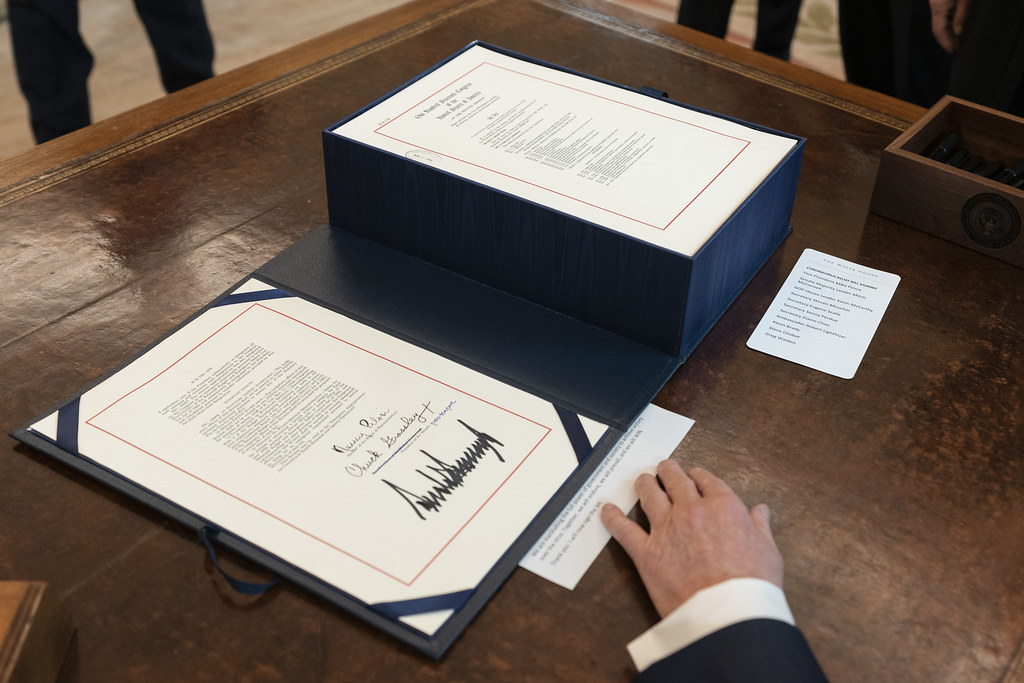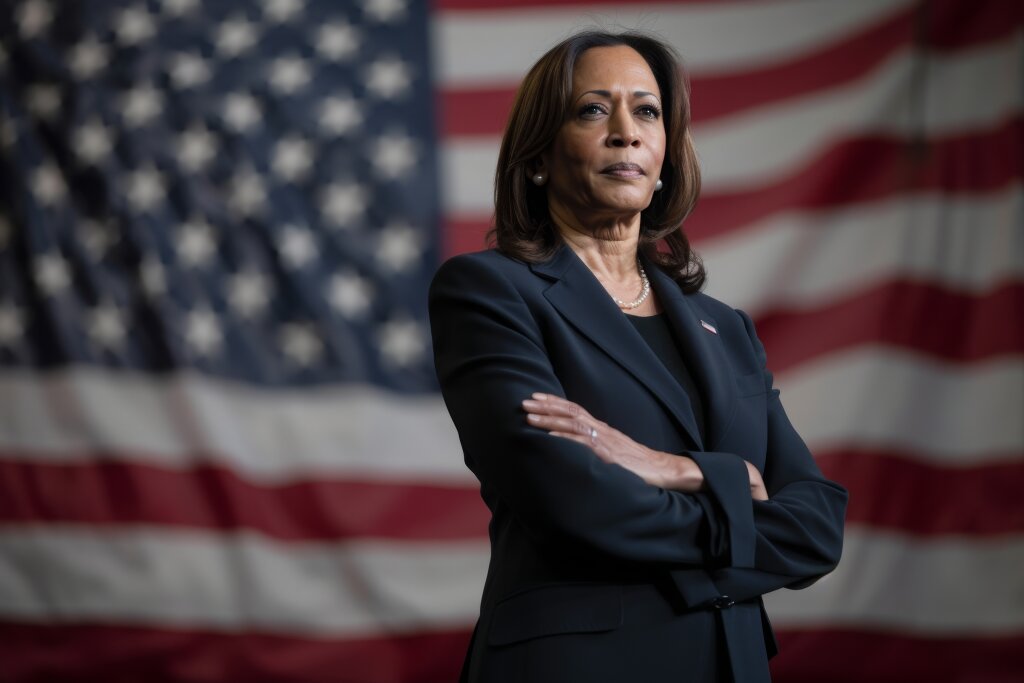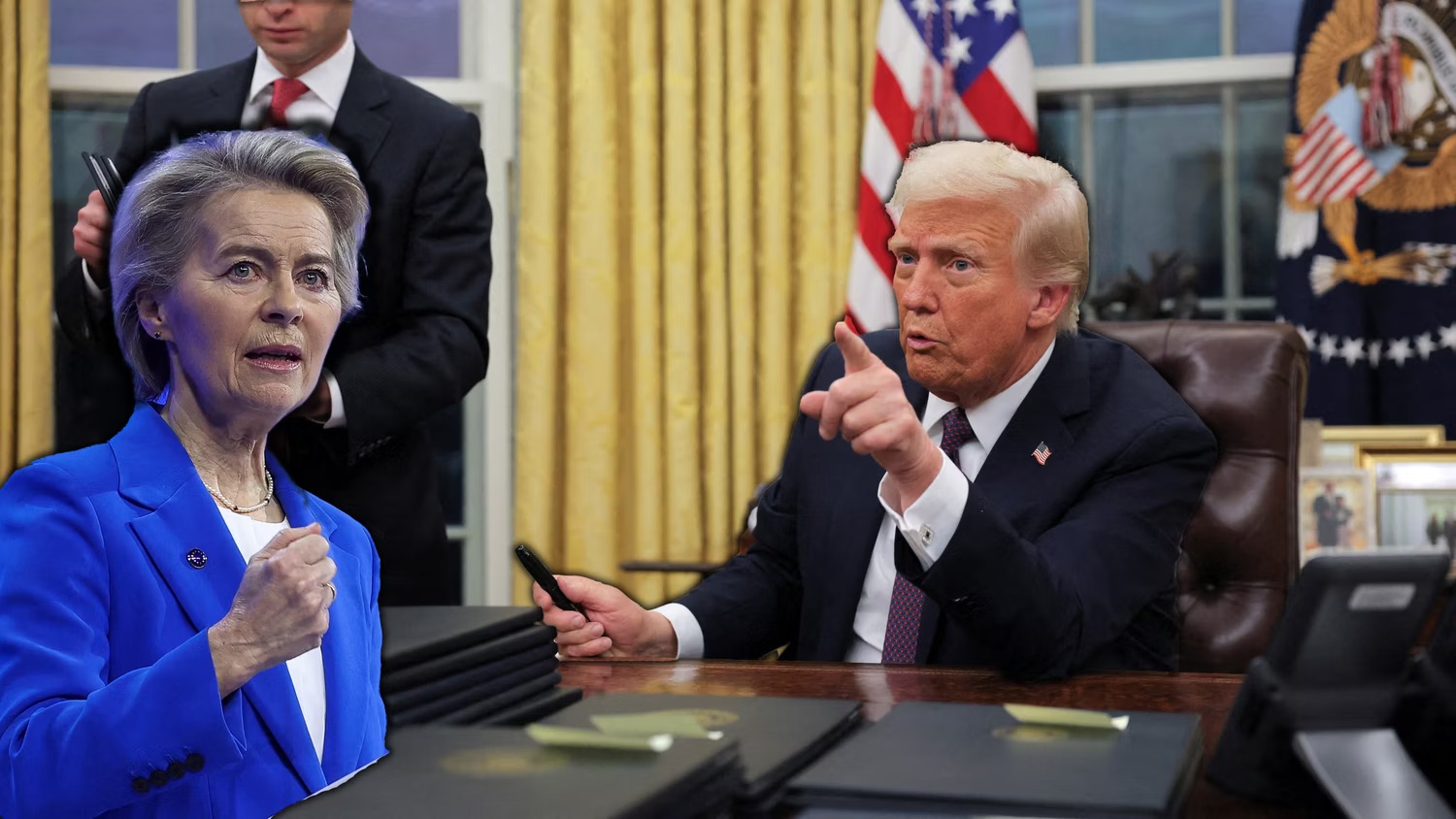Vice President Kamala Harris appears set to perpetuate the Biden administration’s firm regulatory approach to cryptocurrencies. With her recent selection of economic advisers, Harris indicates a continuation of a stringent regulatory framework that could have significant implications for the future of cryptocurrency in the United States.
Advisory Influence and Policy Direction
Harris has chosen to work closely with Brian Deese and Bharat Ramamurti, former economic advisers under President Biden, known for their critical stance on lenient cryptocurrency regulations. Their opposition to the Clarity for Payment Stablecoins Act of 2023, which they viewed as too lenient, underscores their strict regulatory philosophy.
Alex Thorn, head of research at Galaxy, has pointed out in a recent post on the social media platform X:
“NEW EVIDENCE THAT @KamalaHarris WILL CONTINUE CRYPTO CRACKDOWN. Her advisor choice suggests she will keep Biden’s hostile attitude to crypto.”
Investors and industry stakeholders are keenly awaiting Harris’s mid-August speech, expected to shed light on her economic policies, particularly concerning cryptocurrency regulation. This forthcoming address is seen as pivotal in clarifying the future path of U.S. cryptocurrency regulation under her guidance.
The context of Harris’s regulatory approach is tied to recent instabilities in the U.S. banking sector:
- In March 2023, the collapse of Silicon Valley Bank and the voluntary liquidation of Silvergate Bank shook the financial landscape.
- Signature Bank was also shut down by New York regulators on March 12, shortly after the Silvergate incident.
- These events were labeled “Operation Chokepoint 2.0” by Nic Carter, a crypto venture capitalist, who described them as a coordinated effort to marginalize the crypto industry.
According to Galaxy’s Thorn, Deese and Ramamurti played significant roles in these regulatory actions, emphasizing the administration’s concerted effort against crypto-friendly banking operations.
The selection of these advisers has sparked discussions about the future regulatory environment for cryptocurrencies. Fortune magazine has labeled Ramamurti as the “White House’s top crypto critic,” a sentiment that further solidifies the expected tough stance on cryptocurrency regulation.
Thorn elaborated on the implications of these appointments:
“People are policy at the end of the day, and if Brian Deese, Bharat Ramamurti, Wally Adeyamo, et al are set to lead economic policy in a Harris/Walz administration, it’s very unlikely the administration will soften its stance on crypto.”
Political Context
This announcement comes shortly after Harris introduced Minnesota Governor Tim Walz as her running mate for the 2024 U.S. presidential election, which took place on August 6. This move aligns with her strategy to maintain continuity in economic policy from the Biden administration.
Vice President Kamala Harris’s choice of economic advisers signals a likely continuation of a stringent regulatory regime for cryptocurrencies in the U.S. As the financial world watches, her upcoming economic policy speech is highly anticipated for the definitive direction it will outline for the regulation of this dynamic and evolving industry.










